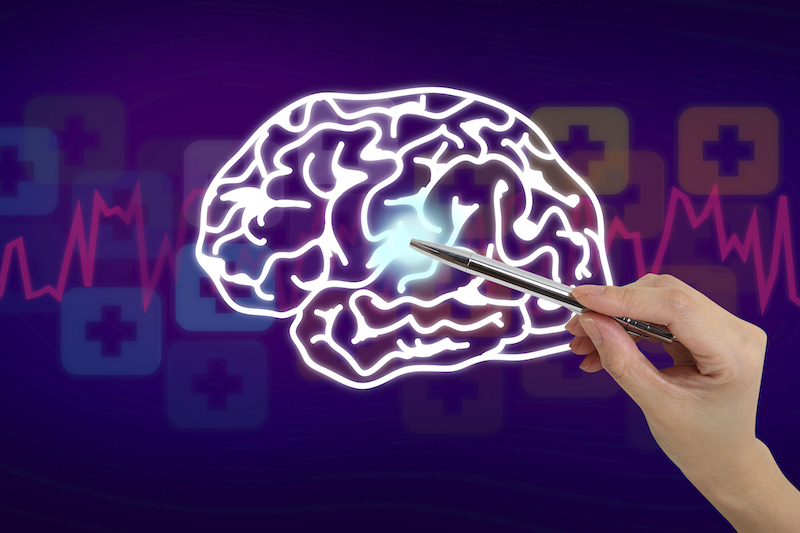
Certain activities are known to boost the mental health of the elderly. Some of the activities that can boost the mental health of the elderly are exercise and sports. Structured activities that are not physically demanding can help the elderly become less agitated and improve the quality of their sleep.

Physical Exercise
The elderly can do many physical activities around their homes. Soft music can help even the most mobility compromised elderly people to do some exercise. Music allows the elderly to move with their arms and legs, even when seated. Exercise improves blood circulation and the release of hormones such as endorphin, which improves the mood of the elderly. Improved blood circulation as a result of exercise helps slow down the development of dementia.
Reminiscence Therapy
This type of therapy acts as a form of anti-depressant and can help to engage the elderly. Allowing the elderly to recount their long-term memories allows them to engage even more. The elderly are more comfortable talking about their experiences than following up on the news. Activity coordinators can use a range of items from the past in reminiscence therapy sessions.
Crafts
Therapists can encourage the elderly to engage in certain crafts to help them relate to the world outside their homes. Encouraging the elderly to participate in activities such as making Christmas cards and decorations can help improve their mental health. Allow the elderly to participate in themed events including Halloween parties to help them feel they are still active participants in life.
Elements of Mental Health Care
Different treatments are often recommended for various mental illnesses. Typical mental health care treatments include psychiatric therapy and medication. Many therapists integrate patients’ families into the treatment plans of the patients.
Need for Public Programs and Funding
Elderly people suffering from various mental problems often find themselves homeless, uninsured or out of work. Families of elderly people with severe mental issues often have to deal with financial and emotional problems when caring for their loved ones. Therefore, elderly mental health treatment often involves seeking funding through public programs.
About a quarter of adults above the age of 60 in the U.S., suffer from mental illnesses such as anxiety, depression, dementia, and autism among others. Effective mental health care has helped more than 70 percent of the elderly with mental illnesses improve the quality of their lives.
There is no ads to display, Please add some

